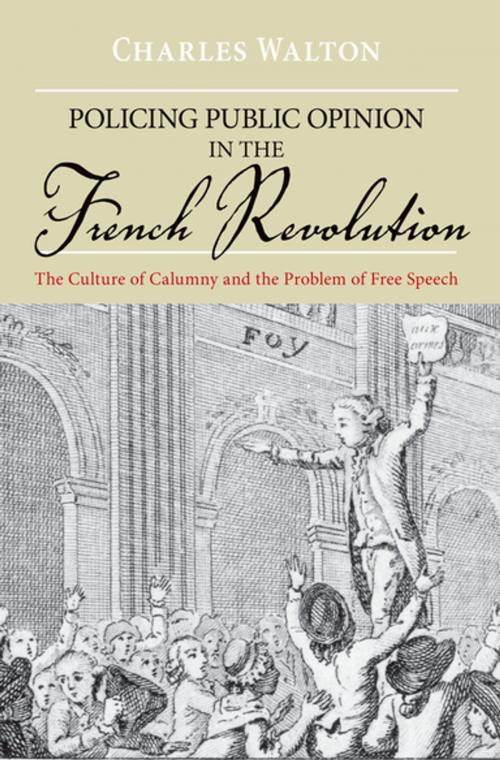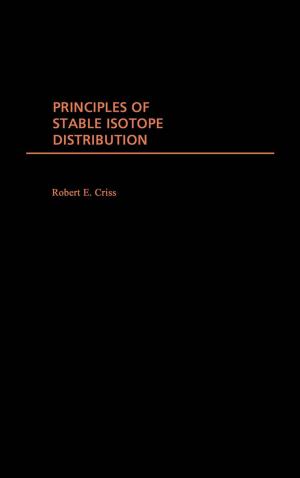Policing Public Opinion in the French Revolution
The Culture of Calumny and the Problem of Free Speech
Nonfiction, History, France| Author: | Charles Walton | ISBN: | 9780190451288 |
| Publisher: | Oxford University Press | Publication: | February 2, 2009 |
| Imprint: | Oxford University Press | Language: | English |
| Author: | Charles Walton |
| ISBN: | 9780190451288 |
| Publisher: | Oxford University Press |
| Publication: | February 2, 2009 |
| Imprint: | Oxford University Press |
| Language: | English |
In the 1789 Declaration of the Rights of Man and of the Citizen, French revolutionaries proclaimed the freedom of speech, religion, and opinion. Censorship was abolished, and France appeared to be on a path towards tolerance, pluralism, and civil liberties. A mere four years later, the country descended into a period of political terror, as thousands were arrested, tried, and executed for crimes of expression and opinion. In Policing Public Opinion in the French Revolution, Charles Walton traces the origins of this reversal back to the Old Regime. He shows that while early advocates of press freedom sought to abolish pre-publication censorship, the majority still firmly believed injurious speech--or calumny--constituted a crime, even treason if it undermined the honor of sovereign authority or sacred collective values, such as religion and civic spirit. With the collapse of institutions responsible for regulating honor and morality in 1789, calumny proliferated, as did obsessions with it. Drawing on wide-ranging sources, from National Assembly debates to local police archives, Walton shows how struggles to set legal and moral limits on free speech led to the radicalization of politics, and eventually to the brutal liquidation of "calumniators" and fanatical efforts to rebuild society's moral foundation during the Terror of 1793-1794. With its emphasis on how revolutionaries drew upon cultural and political legacies of the Old Regime, this study sheds new light on the origins of the Terror and the French Revolution, as well as the history of free expression.
In the 1789 Declaration of the Rights of Man and of the Citizen, French revolutionaries proclaimed the freedom of speech, religion, and opinion. Censorship was abolished, and France appeared to be on a path towards tolerance, pluralism, and civil liberties. A mere four years later, the country descended into a period of political terror, as thousands were arrested, tried, and executed for crimes of expression and opinion. In Policing Public Opinion in the French Revolution, Charles Walton traces the origins of this reversal back to the Old Regime. He shows that while early advocates of press freedom sought to abolish pre-publication censorship, the majority still firmly believed injurious speech--or calumny--constituted a crime, even treason if it undermined the honor of sovereign authority or sacred collective values, such as religion and civic spirit. With the collapse of institutions responsible for regulating honor and morality in 1789, calumny proliferated, as did obsessions with it. Drawing on wide-ranging sources, from National Assembly debates to local police archives, Walton shows how struggles to set legal and moral limits on free speech led to the radicalization of politics, and eventually to the brutal liquidation of "calumniators" and fanatical efforts to rebuild society's moral foundation during the Terror of 1793-1794. With its emphasis on how revolutionaries drew upon cultural and political legacies of the Old Regime, this study sheds new light on the origins of the Terror and the French Revolution, as well as the history of free expression.















